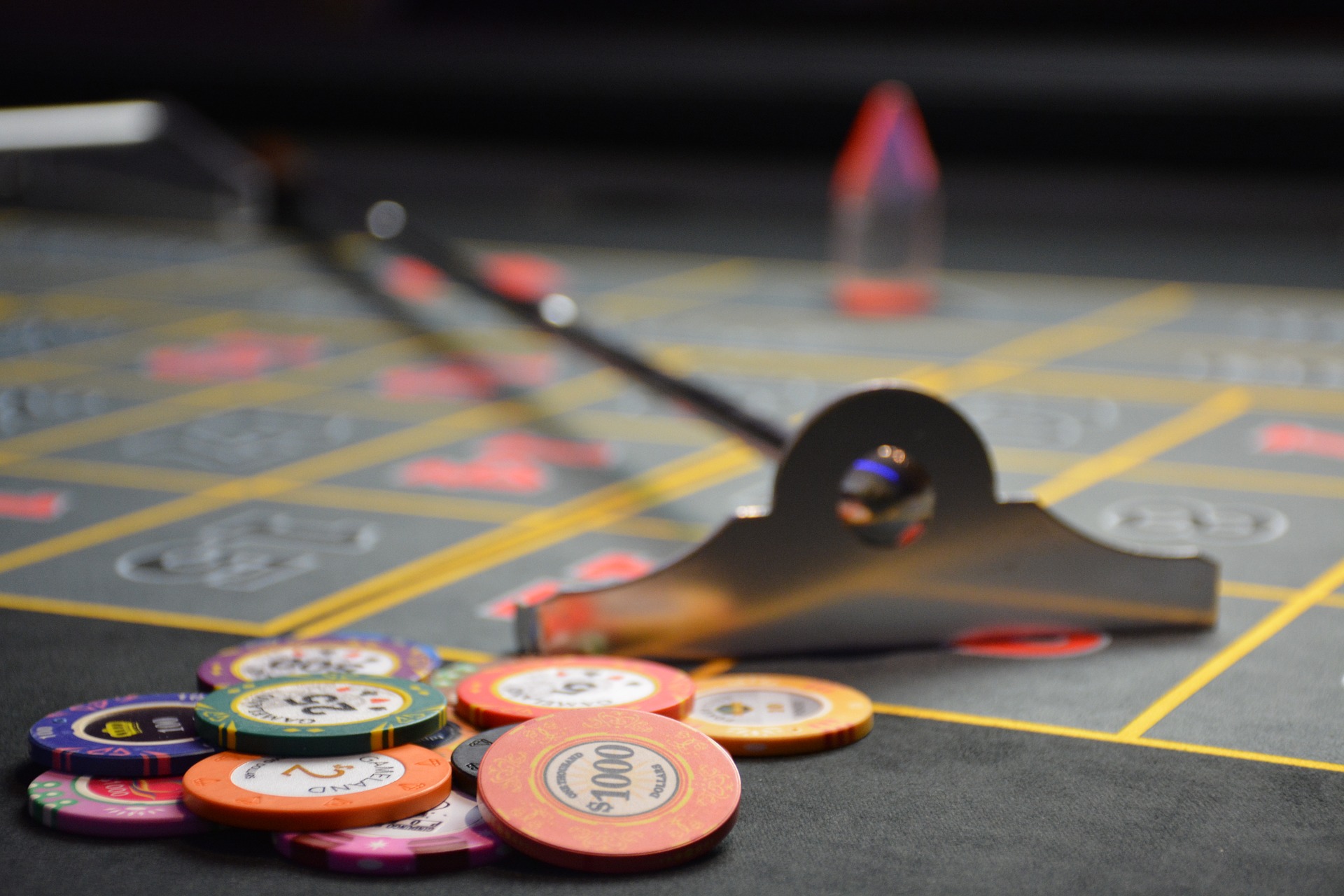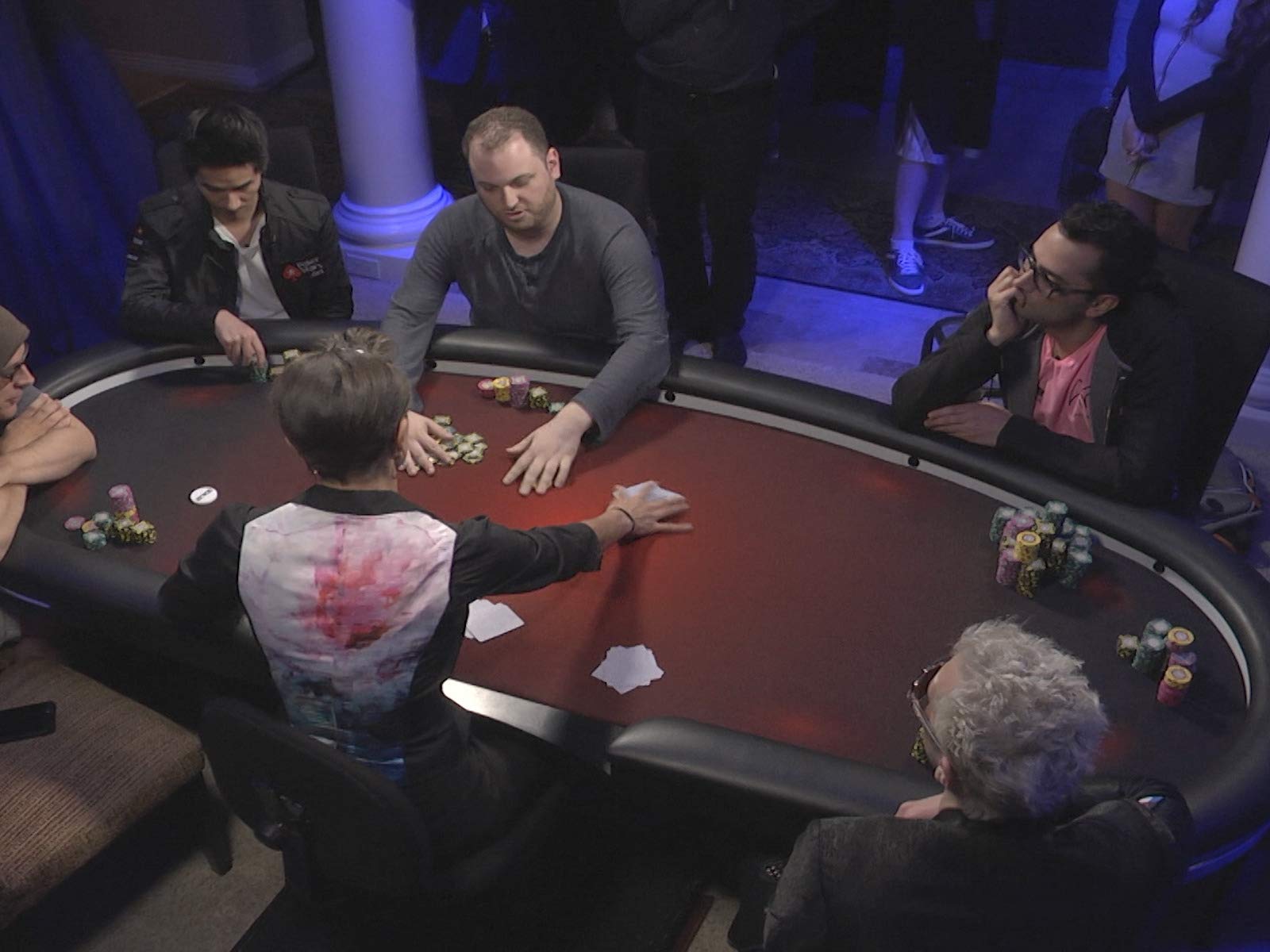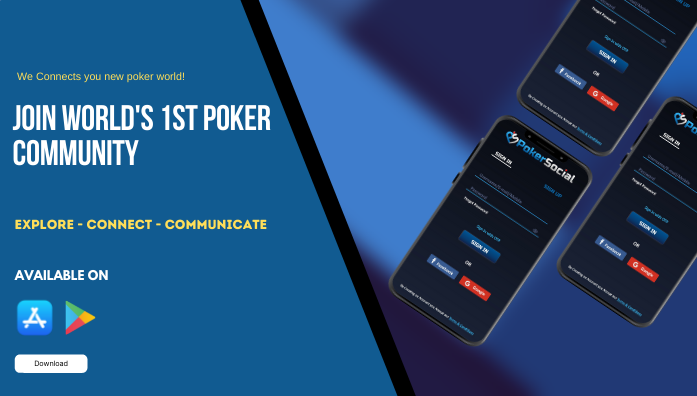Top 15 Strategies for Beginners to Ace Online Poker
1. Rules, positions and poker hands ranking
2. Position is power
3. Aggression play
4. To Bluff
5. Or not to Bluff
6. Bet low stakes
7. Rationalise your blinds
8. Fold - it is not your hand
9. Observe your opponents
10. Prioritise your mental health
11. Study - invest in poker knowledge
12. Play for the long term
13. Know your ranges
14. Determine your equity
15. Have fun!
Learn the rules, positions and poker hand rankings

As a poker player, this is the first step you want to take. While learning poker comes naturally, the players should invest their time and thoroughly understand the poker hand rankings. The last thing you should want to do in the middle of the hand is think about whether you beat a straight with your flush or not, thereby wasting your precious decision time thinking about that.
Being a new poker player, you can be tempted to just play every hand and constantly question when to fold - only to sit down watching everyone else playing their hands and having fun. You ought to be selective about your starting hands for several reasons. You will most likely be throwing good money after bad on the flop when most of your hands are behind.
A good poker strategy to winning poker hands is knowing your poker hands rank. Knowing the ranking of your poker hands as well as the probability of each hand will give you an advantage over your competition.
Your position is your power
The most important piece of poker strategy is to figure out where you are at the table. As a late position player, you have more information and know more about your opponents' actions. A first-to-act position could mean a raise or re-raise depending on your actions. The importance of position can’t be underestimated. It is imperative to understand each spot as well as its pros and cons as the position changes on a hand-by-hand basis. Your level of aggression during the play and your decision on a raise or call pre-flop and post-flop should be determined by your range of hands.
Manage your aggression play
A good strategy for cash games and tournaments is also aggressive play. The whole point of playing an aggressive game with premium hands is to force other players out. Select a few hands to play, but with a willfulness to bet a lot of chips. If you are on a table with players prone to fold their hands then you can always play aggressive on your small pairs too. By doing so, you can conceal your true strength.
Play your bluff
Master the art of bluffing because if the best players didn't bluff, they wouldn't so frequently win the pots. Most of the time you will miss the flop or turn, this is where learning to bluff comes in handy as a good strategy. As a player, you need to know how to bluff and when to bluff in order to get better hands to fold.
Avoid exposing your game pattern to the regular competition. Study the game thoroughly and analyse the on-going game at the table. You must be able to examine the strength of your opponents' hands in order to determine whether or not a bluff will succeed.
But don’t bluff too much
How much bluffing is too much bluffing?
Bluffing is an excellent poker tactic to learn to advance your expertise in poker. The last thing you want is to run out of chips by playing your marginal hands a lot, particularly if you run into a station that does not match with your vision play. The key to winning low stake bets is to be patient with recreational players and wait for a good hand.
Throw in some semi-bluffs when you have a drawing hand with a potential of the same upgrading into a strong hand down the rounds.
Start at low stakes
Knowing that you are not risking a lot of money and even if you lose some of it in the beginning, you will feel a lot more comfortable throughout the game. Your goal should be to learn several poker strategies and not to waste money while doing the same. Make sure you keep this poker tip in mind before you begin playing.
If you start at the lowest limits, you can play against the weakest players and learn the game, rather than throwing money to professional players. After understanding positions and what poker hands you should play, you will be able to put everything to practice. As you move up the stakes after building up confidence in your game, your playing skill level increases as well.
Rationalise your blinds
In the small blind and big blind situations, it should not be every situation where you fold most of your hands. At any possible opportunity, you should defend your blinds.
In the big blind when you are last to act - you gain a lot of information on your opponents at the table. It is possible you could spot a bet from a player who frequently raises late in the game just to steal the pot.
However, use caution while playing your big blind. Look out for re-raised pots and check the number of players in the hand before committing. Another way to defend your big blind is to always play a hand that plays well multiway, such as suited connectors or premium pairs.
Don’t be afraid to fold
When you have a strong hand, you should almost always play. In the same vein, if you find yourself in an unclear and unfavourable round, one technique to protect yourself from losing money, is to fold. The advantage of online poker is that you have multiple options available.
Learning to fold hands is the ideal cash game or poker tournament strategy. You might get tempted to play every hand but playing a lot of hands is unnecessary especially when another hand will be along in a minute.
Observe Your Opponents
Play the player, not your cards.
The strength of your hand is usually determined by what the other player is holding. The most dependable poker tell is your opponent’s betting pattern. Be on the lookout for any changes in the betting pattern and observe the timing of their play. Pay attention to the table even after folding your hand; how they bet, the amount, how many times, where they do it, how they react to raises, how they react to the flop, the cards they show when they win, and basically everything happening on the table.
This is an ever-evolving game, as trends seem to shift to counter-strategies that have previously worked. Poker is about beating your opponent, not just collecting the best cards.
Don’t neglect your mental health
Poker is a game of emotions. Your unstable emotions are your worst enemy at the poker table. While poker doesn't require physical exertion, it can be extremely taxing and mentally exhausting. To excel at poker, one must pay attention to the mental game.
The key to long-term success in poker is being able to achieve a balance between work and life that's sustainable and safeguards your mental health. In any given poker session, your brain has to handle dozens of things at once, from managing your emotions to avoiding distractions around your space. It is essential that you learn how to declutter your mind, develop a positive attitude, especially while dealing with your losses. Taking control of the challenges you face will be easier if you develop a schedule that suits your lifestyle and personality.
Focus on self-care; prevent emotional, mental and physical fatigue. If you feel overwhelmed, take a break - Once your body and mind are calm and composed, in sync, you may resume to the poker table to slay the game!
Invest in knowledge
Beginners often overlook the idea of investing in their own poker knowledge. Learning and getting advice from someone who has already been highly successful at poker is one of the best ways to improve quickly.
There are no valid arguments to not learn more about poker with an abundance of poker strategy videos, sites and training programs available online. Evaluate your areas of strength, find your game, research for poker tips and find a course that would help you to expertise in your field.
Play for the long term
As a beginner poker player, you are likely to lose some of the time. It becomes close to impossible to reach long-term success in poker if you do not have the passion and commitment for the game. It doesn't matter how much you win in a hand or one day, it only matters that you are in profit over the long haul. Your poker results are the only way to analyze your game development. It is crucial, however, not to pay attention to short-term results and only consider long-term outcomes.
You should know what your pot odds are and study to master the basic poker math. Keep a consistent bankroll - both over the short term as well as over the long term.
Know your ranges
Range refers to the possible hands a player may have at any given time, they can be calculated best by identifying how many hands that player is likely to be playing in a given situation. Practising poker ranges will make it easier to estimate and visualize them at the tables.
Having a proper balance between bluffs and value hands is the concept of balancing your poker range. It is necessary to practice building and refining ranges. When you practice these skills between sessions, you will be better able to use them during sessions. Always think about your ranges, not hands. This technique is extremely important when calculating pot odds.
Determine your equity
A player's equity is determined by the player’s current chance of winning the hand. If you have a strong hand, and can read your opponents’ potential - you can evaluate your equity. Greater the equity, greater should be your bet. Lower the equity, lower should be the bet - this would minimise your losses. The monetary value of your probability is the equity. You can evaluate your equity by calculating your odds of winning the pot!
Most Important Beginner Poker Tip - Have Fun!

Poker is an extremely eventful game with several variations to offer - from cash games to tournaments. The most important beginner poker tip is to always have fun when you play. Aside from a strong win strategy, what will keep you going in the long term is your passion for the game.
Poker is a crazy game with lots of ups and downs, which makes it unpredictable and adds to the rush. Occasionally, you will feel like jumping for joy. At other times, you will be despairing of your terrible luck. Therefore, it is crucial for you to choose a format that you enjoy.
In the beginning, it could be overwhelming. Constantly contemplating your positions, poker hand ranking, opponent’s cards and much more. Take your time, do not make hasty decisions. It is a huge mistake that even advanced players make a lot of the time and eliminate their chances to win. To accomplish your goals, you have to put in the hours. Consistency is the key! Start practising your game today with us at AceHigh Poker - online poker real money, and win exciting rewards on your first deposit.

Check out PokerSocial - a centralized place for all the poker players to share/post all the opportunities in the poker industry. We are pleased to launch an exciting social networking tool designed to unite poker enthusiasts!

